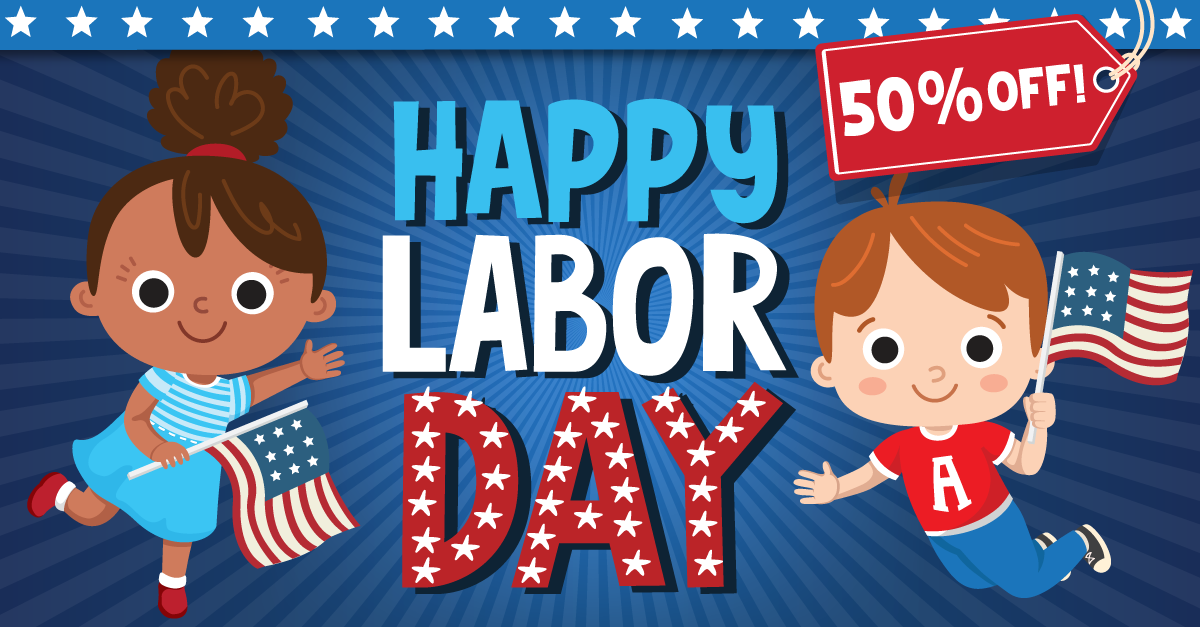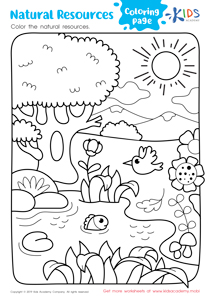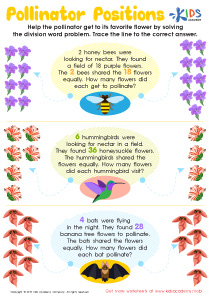Normal Alphabet worksheets activities for Preschool
2 filtered results
-
From - To


Phonological Awareness: Assessment 1 Worksheet


Phonics and Word Recognition: Assessment 1 ELA Worksheet
Normal Alphabet worksheets activities for Preschool are fundamental tools in the early childhood education toolbox, offering a structured and engaging approach to learning the letters of the alphabet. These activities not only introduce preschoolers to the basic building blocks of written communication but also stimulate cognitive development, fine motor skills, and linguistic proficiency. Let's delve into why these worksheets are so beneficial.
First and foremost, Normal Alphabet worksheets activities for Preschool are designed with young learners in mind. They provide a visually appealing and tactile experience that is critical for preschool-aged children who are in the early stages of reading and writing. Through tracing letters, matching games, and letter identification exercises, children develop a familiarity with each letter's shape, sound, and place within the alphabet. This foundational knowledge is crucial for reading fluency and comprehension as they progress in their educational journey.
Moreover, these activities foster independence and confidence. As children successfully complete each worksheet, they experience a sense of accomplishment that motivates them to tackle more challenging tasks. This positive reinforcement builds their self-esteem and encourages a love for learning that can last a lifetime.
Additionally, Normal Alphabet worksheets activities for Preschool support the development of fine motor skills. The act of holding a pencil, tracing letters, and coloring within lines enhances hand-eye coordination and prepares children for more intricate writing tasks in the future. This physical aspect of learning is often overlooked, yet it is essential for the holistic development of young learners.
Furthermore, these worksheets offer a structured yet flexible approach to learning. Educators and parents can tailor the activities to meet the individual needs of each child, ensuring that learning is both effective and enjoyable. Whether at home or in the classroom, Normal Alphabet worksheets activities provide a solid foundation for preschoolers, making them an invaluable resource in the early education landscape.

 Assign to the classroom
Assign to the classroom












